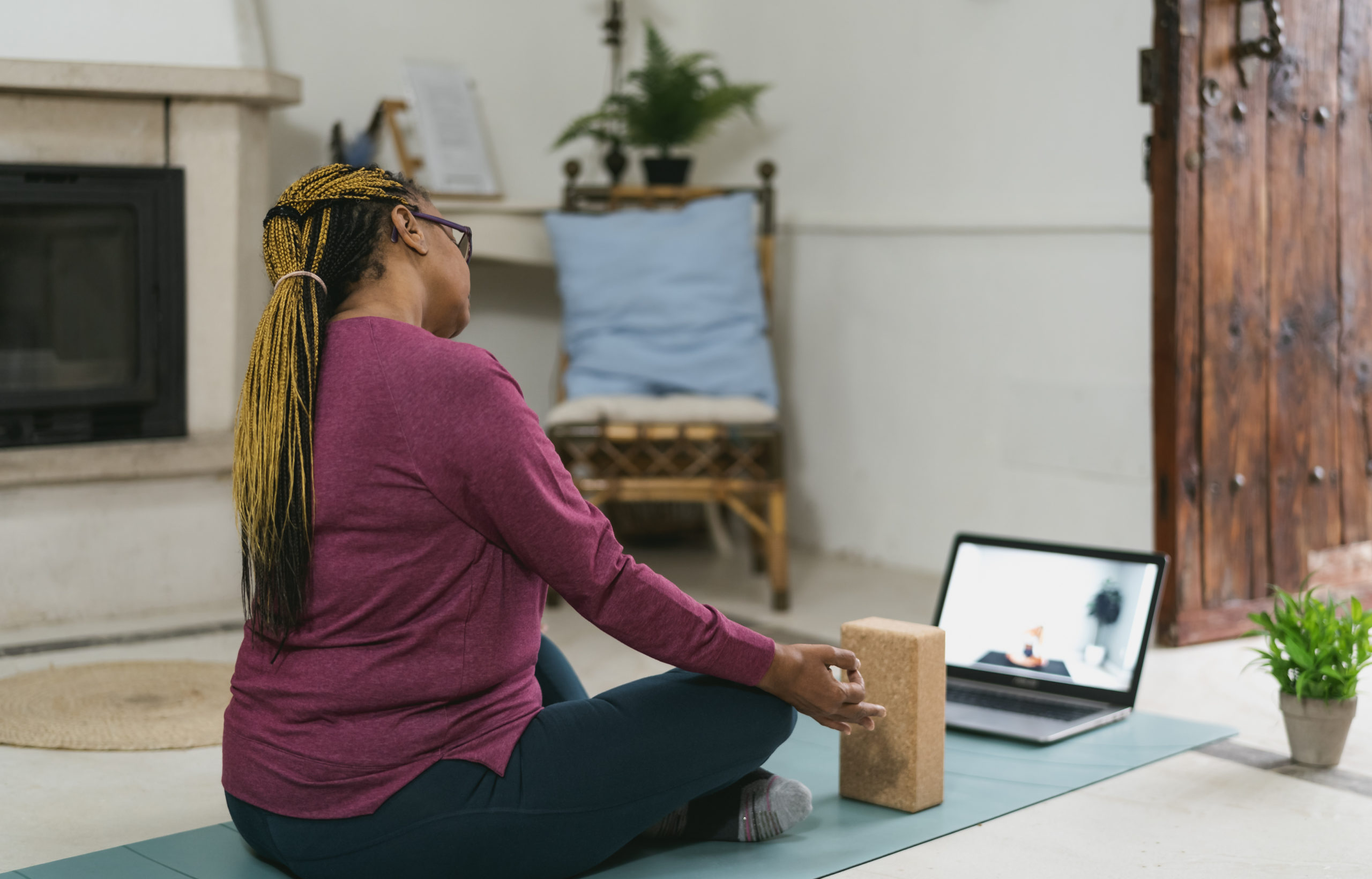Joint Pain Advice in the workplace
September 16, 2021Work and Health Challenge Fund Project

About
The Joint Pain Advice (JPA) model was developed by the Health Innovation Network (HIN) as a result of an identified need for accessible, personalised, understandable information and practical advice and support about how to self-manage the impact of chronic pain. Pilot studies have demonstrated that JPA supports participants with chronic knee, hip and back pain to reduce their pain and symptoms, increase their physical activity levels and improve their physical function and mental wellbeing in both clinical and community settings.
HIN and the Bone and Joint Research Group (part of Royal Cornwall Hospitals NHS Trust) were awarded funding from the Work and Health Challenge Fund to test the JPA model delivered in the workplace to employees.
The evaluation of this service improvement project aims to understand the effectiveness of JPA as a workplace intervention. It explores the clinical effectiveness of JPA and the acceptability and feasibility of the programme for participants (employees), JPA Advisors and workplaces, delivered in a ‘real world’ workplace setting.

Authors
Professor Mike Hurley, Clinical Director, Health Innovation Network
Andrea Carter, Health Innovation Network
Amber Gibney, Health Innovation Network
Sally Irwin, Health Innovation Network
Dr Rachel Hallett, St George’s University of London and Kingston University
Dr Jo Erwin, Bone and Joint Research Group, Royal Cornwall Hospitals NHS Trust
Professor Tony Woolf, Bone and Joint Research Group, Royal Cornwall Hospitals NHS Trust
Acknowledgements
- Work and Health Challenge Fund (Department for Work and Pensions and the Department for Health and Social Care)
- Guy’s and St Thomas’ NHS Foundation Trust
- St George’s University Hospitals NHS Foundation Trust
- Richmond and Wandsworth Borough Councils
- King’s College Hospital NHS Foundation Trust
- Healthy Workplace Team, Healthy Cornwall, Cornwall Council
- Sunflower Training & Consultancy
Executive Summary
Overview
In the UK over 8.75 million people have osteoarthritis (OA) and around 10 million people have chronic low back pain. These problems impact an individual’s personal, social and working lives, affecting physical and mental health and wellbeing1. They also have a wide socioeconomic impact through substantial health and social care expenditure and lost productivity2. Although National Institute for Health and Care Excellence (NICE) guidelines core recommendations for the management of OA3 and low back pain4 are to provide information and advice to improve understanding of the condition and management strategies and to encourage increased physical activity and support weight loss (where appropriate) as effective ways of managing the condition and its impact, in reality, few people receive this advice.
Joint Pain Advice (JPA) supports people to self-manage their chronic hip, knee and/or back pain, based on NICE guidelines. Within the JPA model, participants are invited to up to four face-to-face appointments over six months. This intervention has been successfully piloted in primary care and community settings with c600 participants who reported improvements in pain, physical function, physical activity and mental wellbeing5,6. It was also shown to reduce follow-up appointments with a GP5. A social return on investment evaluation found that the JPA intervention offered a social return on investment of between £2 and £4 for every £1 invested7.
JPA in the workplace was one of 19 initiatives across the UK selected to receive funding from the Work and Health Challenge Fund. As part of this project, JPA was offered to employees across four large organisations in London and 16 organisations in Cornwall, including several small and medium enterprises (SMEs). Two different models of delivering JPA were tested:
In London, existing members of staff of the larger organisations were trained to deliver JPA to their organisation’s employees. They are referred to in this report as ‘in-house’ Advisors.
In Cornwall, JPA Advisors were trained and travelled around from workplace to workplace to deliver JPA to employees of several organisations, including small and medium enterprises (SMEs). They are referred to in this report as ‘peripatetic’ Advisors.
We’re here to help
We are always happy to hear from people who want to know more about the JPA in the workplace project or our other work in musculoskeletal.

